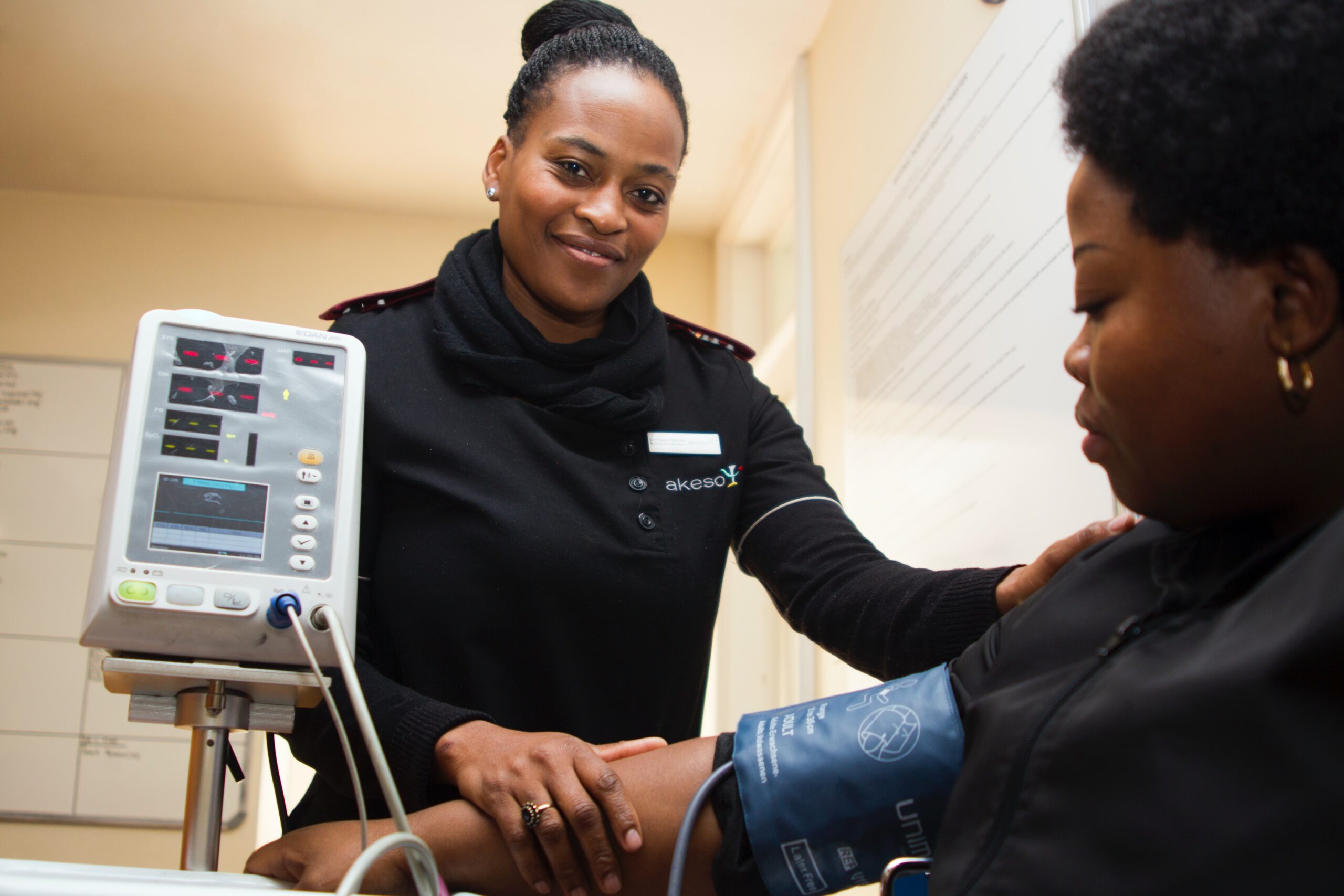Managing diabetes is kind of like taking care of your car when the check engine light comes on. There’s a bit of maintenance work that’s necessary but because you (or a car) may not have any symptoms, you don’t pay attention to it until you can’t ignore it any longer.
Diabetes can lead to quite a few serious medical complications such as heart disease, kidney disease, loss of vision, infections, limb amputation, gastrointestinal issues, and neurological disorders leading to chronic pain. If we stay on top of our diabetes, we can prevent these things from happening or significantly delay their progression.
So, what do we need to check and how often?
1). Hemoglobin A1c – Every 3 – 6 months
This measures how “sticky” your red blood cells are, due to an excess amount of sugar in your blood. It helps us understand, on average, what your blood sugar levels are over the past 90 days.
The better the A1c control, the lower the risk for developing complications of diabetes. Typically, it’s checked every 3 months, but for people who consistently have their A1c within a healthier range can have it checked every 6 months.
Depending on the person, for people with diabetes our goal is typically less than 7-8%
2). Eye Exams – Every 1-2 years
By getting regular eye screenings we can help delay/prevent the progression of vision issues due to your diabetes. Even if you don’t have eye issues, if we can catch any abnormal changes early, the sooner we can intervene and prevent significant eye damage.
If your diabetes is well controlled you may only need to do it every 2 years, however, discuss this with your doctor to see which interval is more appropriate for you.
3). Urine Testing – Every Year
Most commonly this is a urine test your doctor might perform to look for the presence of protein in the urine. Uncontrolled diabetes can lead to kidney damage and as a result our kidneys cannot filter out proteins as easily which eventually leads to more health complications. By doing a simple urine test (sometimes done at the office, sometimes done over the course of 24 hours) we can assess for kidney damage.
If any kidney damage is present leading to excess protein in the urine, we can provide additional treatments to help slow down the rate of kidney damage and prevent or delay the need for dialysis. If your first urine test is abnormal, a repeat is needed in 3-6 months to confirm, otherwise you’ll likely be screened on a yearly basis.
Your doctor may also order urine tests for other reasons such as ketones in the urine which if elevated may warrant emergent evaluation.
4). Feet – Daily
Diabetes can cause a number of things that should make you check your feet daily:
- Nerve Damage – The high amount of sugar can damage nerves leading to a burning or pins and needles like sensation in our feet and/or hands. A provider may check your feet on a yearly basis by poking the bottom of your feet with a very fine piece of plastic string to screen for this, however, if you’re noticing any odd sensations in your feet let a healthcare worker know as soon as you can.
- Decreased Wound Healing – If we can’t feel our feet, we may not notice ulcers forming, cuts, scrapes, etc. This can lead to significant, life and limb threatening complications if not caught and managed early on.
- Fungal Infections – It’s common for people with diabetes to have very thick, yellow, crusty nails on their feet and/or hands or have athlete’s foot. Almost always this is due to a fungal infection, that in rare and severe cases can also lead to emergent infections.
So, next time you or someone you know has diabetes make sure they are getting their regular checkups completed to prevent, delay, and adequately manage possible complications associated with diabetes before too much damage is done leading to things like loss of vision, limb amputation, or extensive kidney disease.
Interested in learning more, getting screening completed, or having someone help manage your diabetes? Check out the entire NWIM team and schedule your appointment today!
References:
- Cai X, Zhang Y, Li M, et al. Association between prediabetes and risk of all cause mortality and cardiovascular disease: updated meta-analysis. BMJ. 2020;370:m2297.

